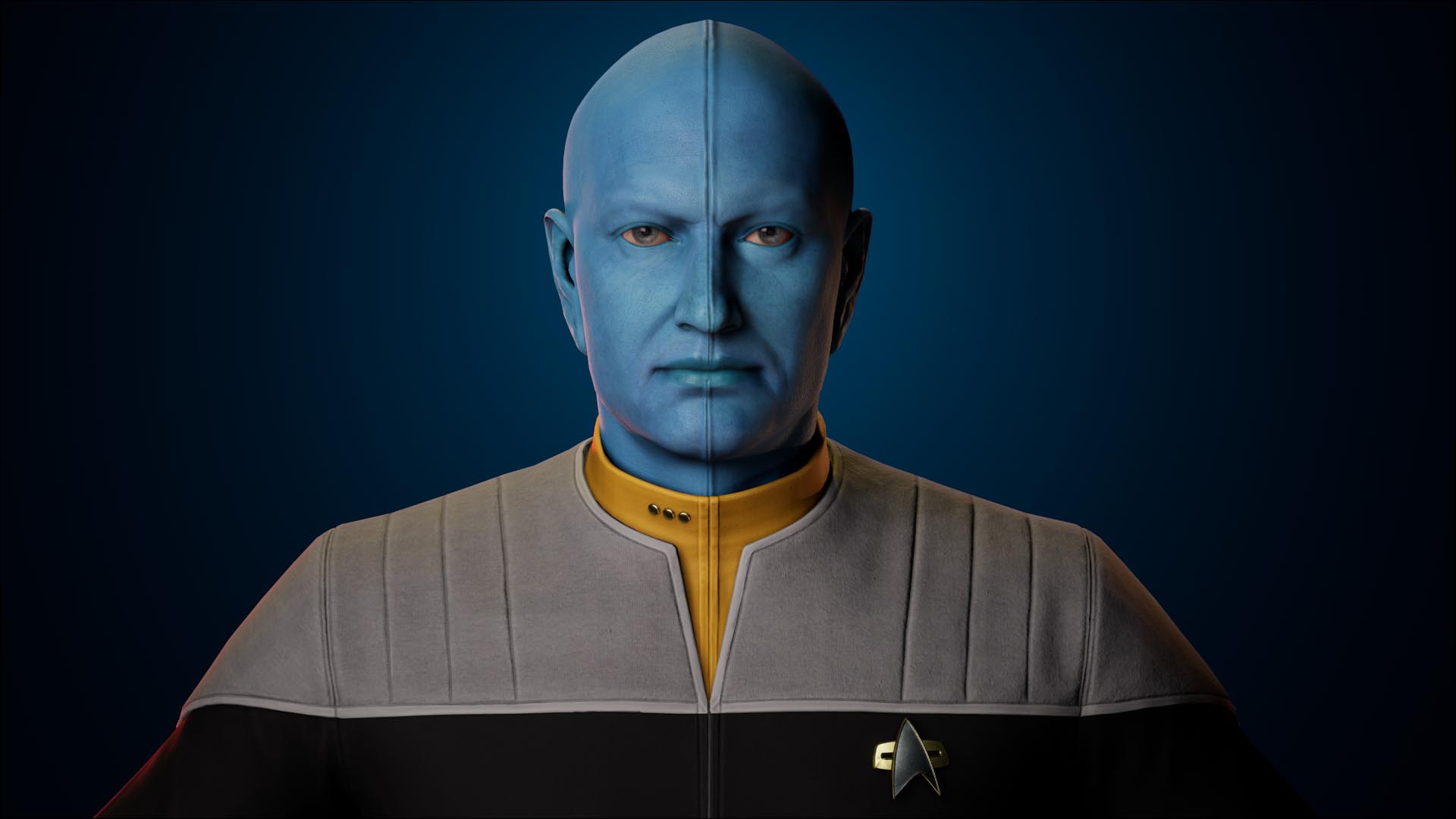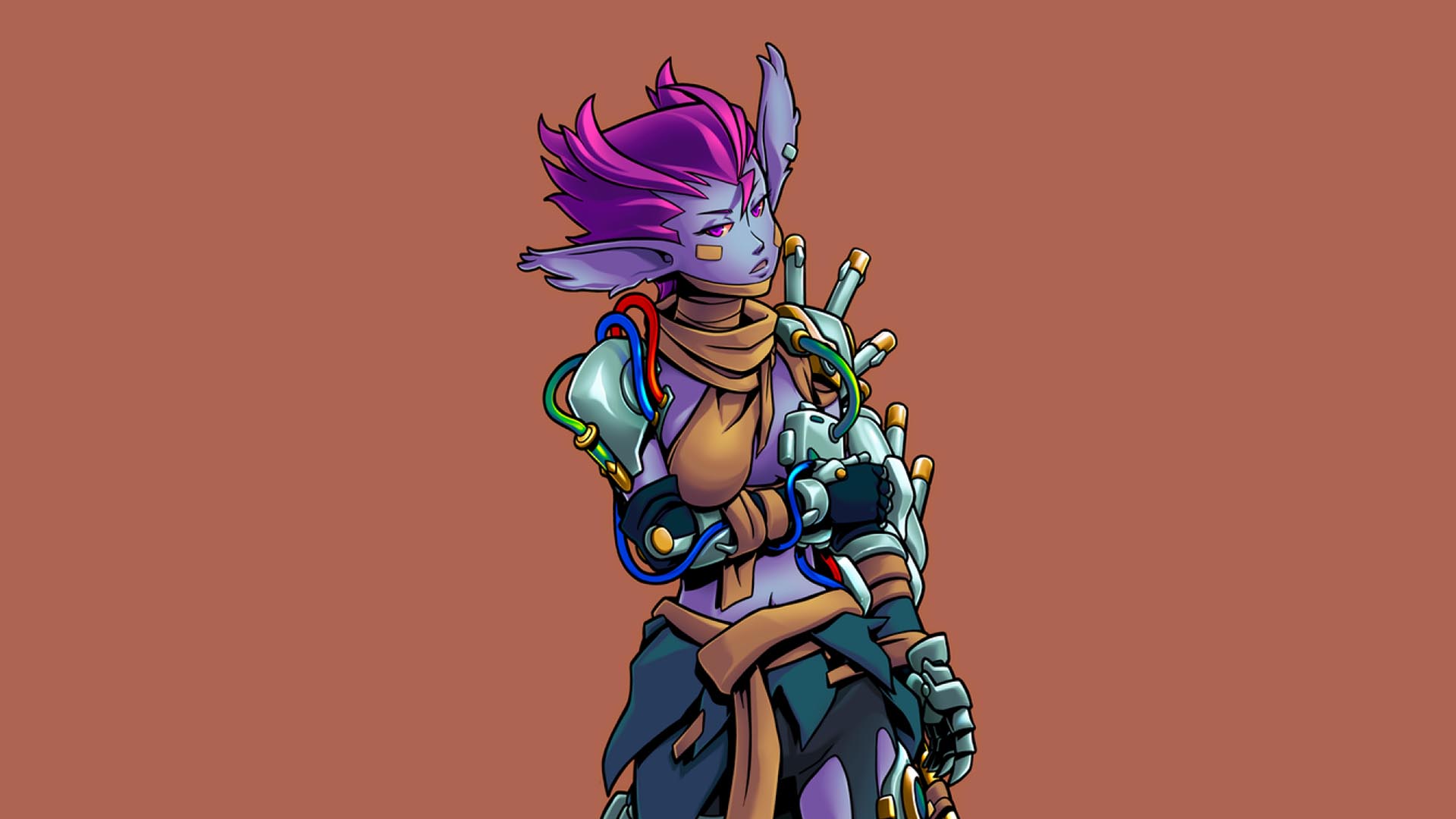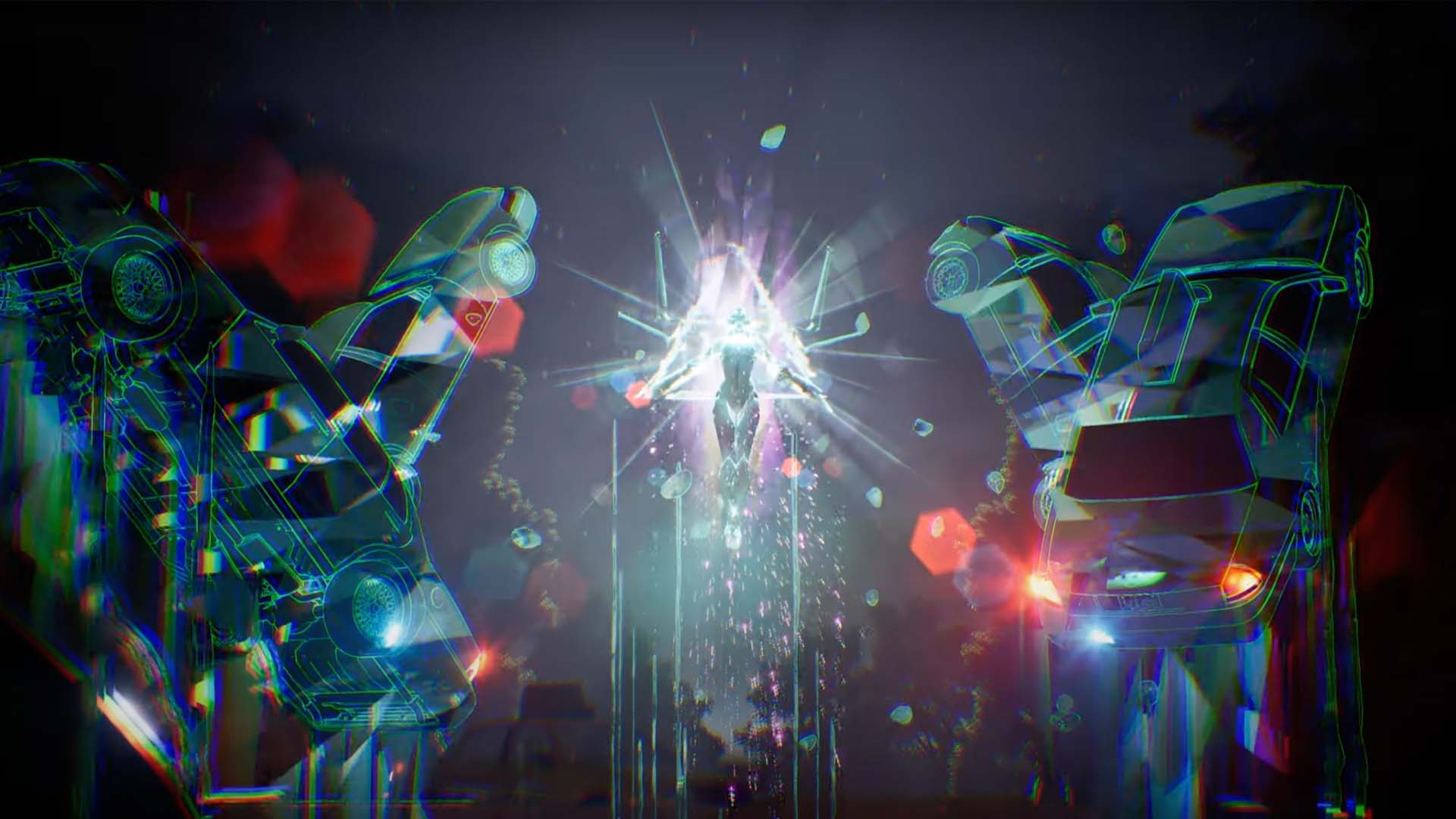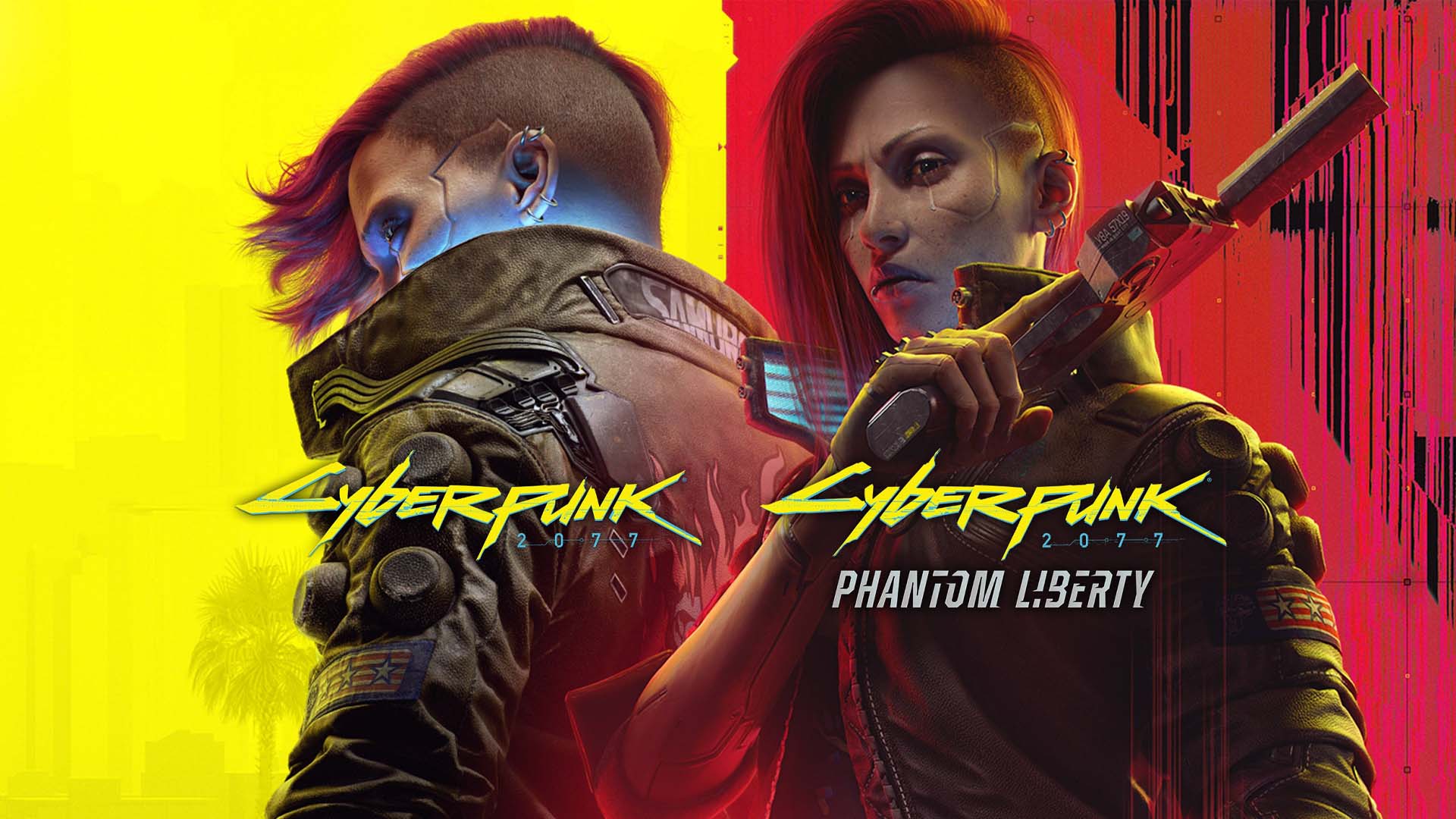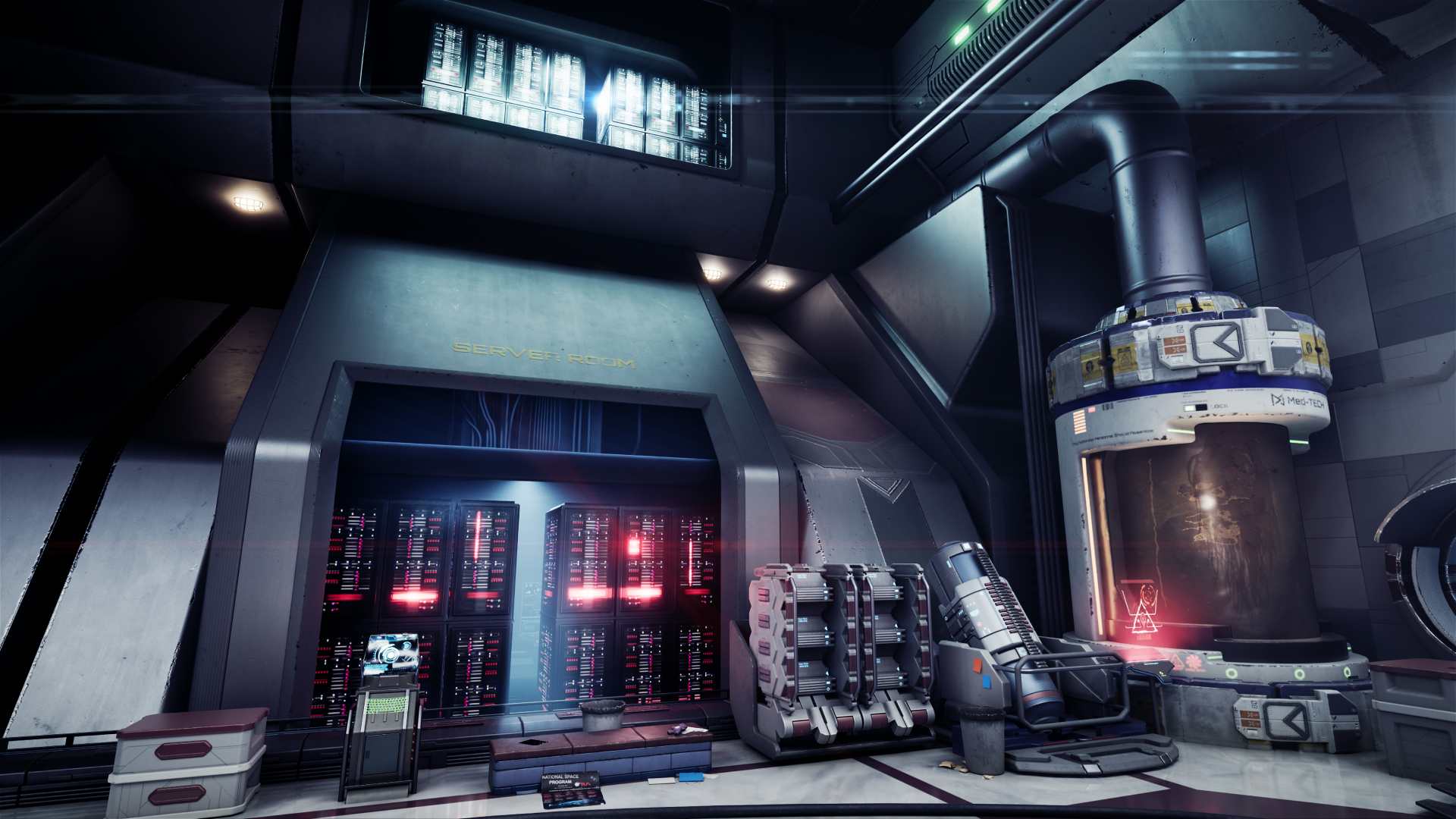Welcome to our comprehensive guide on game design in game development! At Magic Media, we’re passionate about creating engaging and immersive gaming experiences. In this article, we will provide you with detailed insights and instructions on how to design games that captivate players and leave a lasting impression. Whether you’re a seasoned game designer or a beginner looking to explore the world of game design and development, this guide is tailored to help you succeed.
What is the Definition of Video Game Design?
Game design is a highly analytical field that involves creating game mechanics, systems, and rules. However, design in games is not just about logic and analysis. Game designers must also be highly creative, with a deep understanding of narrative and storytelling. They must create compelling characters and plotlines that draw players into the game world and keep them engaged.
Understanding the Player Experience
Before delving into the intricacies of design in games, it is crucial to understand the player experience and how it can impact the success of your game. Players seek entertainment, challenge, and a sense of accomplishment. As a game designer, your goal is to create an environment that fulfills these desires while keeping players engaged and motivated to progress.
Immersive Storytelling: Crafting Engaging Narratives
One of the fundamental aspects of game design is crafting a captivating storyline. A well-developed narrative provides players with a purpose, evokes emotions, and enhances their overall experience. To create an immersive story, consider the following:
Compelling Characters
Develop well-rounded characters with distinct personalities, goals, and conflicts. Players should feel a connection to these characters, driving them to continue playing.
Plot Development
Craft an intriguing plot that evolves as the game progresses. Incorporate plot twists, suspense, and unexpected challenges to keep players engaged and curious about what comes next.
Player Agency
Allow players to make meaningful choices that influence the storyline. This fosters a sense of ownership and personalization, deepening their immersion in the game world.
Gameplay Mechanics
Balancing Challenge and Reward. The mechanics of gameplay directly impact the player experience. Striking a balance between challenge and reward is essential to keep players motivated and entertained throughout the game. Consider the following aspects:
Learning Curve
Introduce gameplay mechanics gradually, providing players with a smooth learning curve. Start with simple tasks and gradually increase complexity to avoid overwhelming them.
Progression System
Implement a well-designed progression system that rewards players for their achievements. This can include unlocking new levels, acquiring power-ups, or earning virtual currency to enhance their gaming experience.
Difficulty Levels
Cater to different player skill levels by offering multiple difficulty options. This allows beginners to enjoy the game without feeling frustrated while challenging experienced players.
Simplicity
Strive for a clean and uncluttered UI that provides easy navigation and accessibility to essential game features. Avoid overwhelming players with too many on-screen elements.
Visual Feedback
Provide visual cues and feedback to indicate progress, achievements, and important events. This helps players stay engaged and informed about their performance.
Responsive Controls
Ensure that controls are responsive and intuitive, allowing players to perform actions accurately and effortlessly. Test the controls thoroughly to eliminate any potential frustrations.
Iterative Design and Testing
Iteration in games and testing are critical processes in game design and development. They allow you to refine your game design based on user feedback and ensure a polished final product. Here’s how you can implement this approach effectively:
Prototyping
Create prototypes of your game early in the design process to test mechanics, gather feedback, and identify areas for improvement. This helps in avoiding costly changes later on.
User Testing
Engage playtesters to evaluate the game’s usability, mechanics, and overall experience. Collect feedback on what works well and areas that need refinement.
The Importance of Video Game Level Design in Game Development
Level design, a game design discipline, is just one of the plethora of design services provided by talented and skilled developers and designers that most players aren’t aware of. A level designer creates and designs the spaces that players enter and explore. They interact with almost all members of the entire game design and development team including game artists, programmers, and more to assist in bringing the game’s vision to life.
What Does Level Design Involve?
When we say level, we mean almost any space. In something like DOOM and DOOM: Eternal, this harkens back to the classic idea of a “level”. A contained area and world to explore. A video game level has come to mean a lot more than these contained pieces of play space. For now, just think about the spaces that players occupy. In every game, those spaces have been designed, created, and iterated until they fit the game’s requirements.
Good game design necessitates collaboration with the entire development team to ensure that these spaces match the game’s feel and tone. There is a staggering amount of work in developing a game and a level designer is just one of the many who work in tandem to bring it all together. A level designer will then document the steps of creation, from concept and white boxing to texturing and modeling. This documentation then becomes a general ruleset once completed for future designs.
What truly goes into designing a level is a combination of game system consideration and narrative context. Every tree, rock, boulder, and ledge has a purpose or reason to be. Level designers, along with the artists and modelers, are the ones who create these assets and consider their place. Magic Media’s level designers will be in constant contact with the other members of the development team to understand the game’s design. Because a level designer will then have to choose when and where players interact with that design and those systems. With repeated iterations, the narrative content is refined and bound together with the game’s systems fluidly. This type of work results in the classic games that we enjoy.
Video Game Level Design Workflow
The workflow of a level designer is dynamic and project-dependent for software and pipeline. However, there are a few standard processes that we follow at Magic Media.
GDD Study
The game design document is the heart of any game development piece. The Magic Media team understands that a game’s enjoyment is from the challenge and success of the player. That is a lot more satisfying when the game and its environment provide a challenge while also seamlessly teaching you game mechanics. A level designer must understand the game’s systems and, therefore, must study the GDD before they even begin designing a level.
White Boxing
The initial stages of video game level design are called “white boxing”. This is where levels are created using very simple shapes. This allows the level designers to create and test gameplay spaces quickly without wasting too much time on details that might be removed. The priority is checking that the space in mind fits the game’s systems. This stage is great for allowing everyone involved a chance to test out the systems and their balance efficiently.
Lighting
Video game level design lighting is all about readability and exposure of elements to the player. Competitive shooters are a great example where lighting isn’t just important but also integral to its design. If a level’s lighting is off, where players can be almost invisible to one another, you’ll quickly see it abused. Too bright and you’ll see players struggling with readability in the environment of key assets, resources, or even other players.
The Roundabout of Game Design and Development
Our level designers often refer to themselves as roundabouts in the game development pipeline. No matter which part of development is involved, game design, development, or art, everything eventually reaches the level design team. They are the ones who implement these pieces into the level and they communicate with the other teams for any changes of said pieces.
During the game development cycle, level designers are looking to work with the game’s system and iterate the levels as the game evolves. Ironing out areas that might stem the gameplay flow is important to ensure a high-quality player experience.
Game Character Design: Classes and Characteristics
Unforgettable video game experiences happen when all aspects come together, including art, gameplay mechanics, story, and game character design. Great video game character design is borne of teamwork between different departments – excellent writing, second-to-none concept art, and seamless insertion into the game’s world and story.
Modern video game character design strives to instill emotion in players by helping players understand the character’s motivations and place in the story through the words the character says, their visual design, and their actions. Far-flung from gaming’s humble origins of sprite-based characters who can’t speak or express emotion, players these days expect top-notch video game character design.
What is Game Character Design?
Game character design is a phase of the overall game development process, where a game designer will conceptualize the game’s characters from scratch, including initial sketches, visual style, and distinct visual qualities. Working in league with artists to bring them to life, the character design process often begins with the designer analyzing the character’s personality traits to devise potential design ideas. Character designs can vary wildly depending on the game and the art style it employs, whether it’s stylized or adheres to a hyperrealistic aesthetic.
A critical of game character design is that they’re recognizable to players, whether they’re a villain, ally, or something more ambiguous. This can be accomplished through subtle and obvious visual design choices, such as a villain possessing a facial scar or through the use of color in their attire. These attributes lead to enhanced levels of player immersion and character believability.
Classes and Archetypes in Game Character Design
Video game character design often produces characters who adhere to distinct archetypes or classes seen in various media over decades. Role-playing games (RPGs), in particular, tend to possess a large number of archetypes for the player character, villains, allies, and other notable characters.
These archetypes are presented to players as selectable character classes that each have specific game character design traits. These include heavy armor-wearing and melee weapon-oriented warriors or fighters, magic-using mages and wizards, warrior priest clerics, rogues and thieves who are masters of stealth and sneak attacks, hunters and rangers who use long-range weaponry and animal companions, and much more.
Video Game Character Design and Genre
Game character designs are closely related to the game genre in which they appear. Genres are largely determined by how the player interacts with a game. For example, a first-person shooter tasks players with playing from a first-person camera perspective while defeating enemies with ranged and melee weaponry. Because of the wide range of game genres, settings, and visual styles that each game can have, every game tends to be populated with relevant character archetypes.
For example, action games present players with a series of physical challenges, from platforming to shooting and melee combat. Because of this, players are more likely to encounter physical action-oriented archetypes such as fighters and warriors. RPG games tend to have the largest array of character archetypes due to typically in-depth combat systems that support multiple playstyles.
Game Character Design Archetype Characteristics
Fighter/Soldier/Warrior
Fighters are traditionally powerful physical warriors who wield two-handed weapons or swords and shields while wearing powerful. These warriors are usually the first to enter the fray of battle, defend their compatriots, and tackle enemies head-on.
Rogue/Thief/Assassin
These characters wear lighter armor and employ stealth tactics to silently defeat their enemies. They hide and strike at opportune moments, while also using their sneaking abilities to steal from their enemies.
Wizard/Mage/Sorcerer
These magic-wielding characters use the arcane arts to shoot fireballs, summon icicles, shield themselves and their team, and summon temporary allies. Typically characterized as a physically weak class, they use their superior intellect to defeat enemies with devastating magical attacks.
Ranger/Hunter/Archers
Rangers, as the name suggests, are masters of long-ranged attacks using bows and crossbows with limited melee capabilities. They can often use traps and summon animal companions to compensate for their primarily ranged-only offensive capabilities.
Exploring the Distinction Between Game Design and Game Art
In the realm of game development, design in games and game art are often used interchangeably, leading to confusion among enthusiasts and professionals alike. While these two domains share a close relationship, they encompass distinct skill sets and play different roles in the creation of immersive gaming experiences.
Game Design
Game Design is a highly analytical field that involves creating game mechanics, systems, and rules. Game Designers are responsible for ensuring that a game is engaging, balanced, and fun to play. They must work closely with the Game Art team to ensure that the gameplay mechanics and visual design complement each other.
For effective design in games, Game Designers use a variety of techniques, including prototyping, playtesting, and data analysis. They must have a deep understanding of game theory, psychology, and user experience to create games that are both challenging and enjoyable.
However, game design is not just about logic and analysis. Game Designers must also be highly creative with a deep understanding of narrative and storytelling. They must create compelling characters and plotlines that draw players into the game world and keep them engaged.
Game Art
Game Art is a highly technical field that requires a strong understanding of digital art tools and software. Game Artists are responsible for creating the visual elements of a game, including characters, environments, objects, and textures. They must work closely with the game design team to ensure that their designs fit the overall theme and tone of the game.
To create Game Art, Game Artists use a variety of software tools, including 3D modeling software like Maya or Blender, digital painting programs like Photoshop or Procreate, and animation software like Unity or Unreal Engine. They must have a thorough understanding of these tools to create intricate and detailed designs that are optimized for real-time rendering.
However, Game Art is not just about technical proficiency. Game Artists must also be highly creative, with a keen eye for detail and aesthetics. They must have a deep understanding of color theory, composition, and lighting to create immersive and engaging game worlds.
Game Design: Crafting the Player’s Journey
Game design serves as the foundation upon which captivating virtual worlds are built. It involves the meticulous planning, structuring, and implementation of various elements that shape the gameplay and overall experience. As game designers, we focus on conceptualizing, prototyping, and refining the mechanics, rules, and systems that govern a game.
Key Components of Game Design
Game Mechanics
These are the rules and interactions that drive the gameplay. From combat systems to puzzle-solving mechanics, every aspect is carefully crafted to provide players with engaging challenges and opportunities for skill development.
Level Design
Video game level design encompasses the creation of environments, obstacles, and puzzles that players navigate through. It requires a deep understanding of player psychology and the ability to strike a balance between difficulty and enjoyment.
Narrative Design
In games with rich storylines, narrative design becomes pivotal. This involves the creation of compelling characters, intricate plots, and branching storylines that immerse players in a captivating narrative world.
Game Art: Painting the Virtual Canvas
Game art breathes life into the game design blueprint. It is the creative expression that visually communicates the game’s aesthetics, atmosphere, and characters to the players. Game artists combine their artistic talent with technical skills to create visually stunning and cohesive experiences. Make sure to check out Blankos Block Party, one of our previous game art projects we worked on!
Concept Art
Concept artists play a crucial role in the initial stages of game development. They bring ideas to life through sketches, illustrations, and digital paintings, capturing the essence of characters, environments, and props.
3D Modeling and Animation
With the advancements in technology, 3D modeling and animation have become integral to game art. Skilled artists create realistic or stylized models, textures, and animations, ensuring the visual fidelity and fluidity of in-game assets.
Game VFX
Visual effects artists add flair and spectacle to the game. They create stunning particle systems, dynamic lighting, and atmospheric effects, enhancing the overall visual impact and immersing players in the virtual world.
The Interplay Between Game Design and Game Art
Collaboration
Game designers and game artists collaborate closely throughout the game design and development process, ensuring that the aesthetics align with the gameplay mechanics and narrative vision.
Iterative Process
Game design and game art often go through iterative cycles, with continuous feedback and adjustments. This iterative approach allows for constant refinement and improvement, resulting in a more polished final product.
User Experience
Effective design in games and visually captivating game art contribute to a seamless and immersive user experience. The interplay between these elements determines the emotional impact and enjoyment players derive from the game.
Game design and game art are indispensable pillars of game development. While game design focuses on crafting the player’s journey through mechanics, level design, and narratives, game art brings these visions to life through visually stunning concepts, models, and effects. Recognizing the fine line that distinguishes these disciplines allows us to appreciate the synergy they create when combined harmoniously.
Video Game Economics and Game Economy Design
The intricacies of video game economics and video game economy design have quickly become an integral part of a game’s life cycle and how its success is measured by publishers. Due to the rising complexities of game design and video game development, we’re seeing longer production cycles, with bigger and more expensive targets.
Player Engagement Psychology for Game Economy Design
Game economy design, simply, is defined as a study of player behavior. The key to effective game economics is ensuring players don’t feel used by a monetization model and that the game encourages player engagement. In this way, it encourages players to play more and potentially spend money on the game. Designing your game and its economy to support immediate gratification in pursuit of long-term goals will keep your players invested.
An aspect of game economic psychology is the social aspects of gaming. Multiplayer games and any social features your game might have, help players to engage and feel a part of a community. This fosters a strong sense of belonging which helps players feel invested in your game’s experience. A social connection can be very powerful for many players and serves to encourage in-game spending.
The Balance of Player Experience and Game Economics
Profitability is important to a game’s continued success, support, and running. However, the player experience is just as important. Without happy players, profit is impossible. The balance to find, and it can be difficult, is the balance between profitability and player experience.
A key element to consider in your game’s design and its economic design is its enjoyability and fairness without any purchases. If your players feel taken advantage of, or if they feel that most elements are simply there to encourage a purchase, you’ll be hard-pressed to maintain player enjoyment.
Engagement: Keep Players Going
A well-crafted economy provides a constant loop of motivation. Players invest time and effort into acquiring resources, fueling their desire to progress further. This loop creates a desire for more growth and accomplishment once it’s achieved. A well-designed economic system drives players to conquer challenges and keep coming back for more.
Imagine a game where earning enough currency for that coveted sword feels like an eternity. Players are more likely to lose interest and abandon ship. Or a situation where a high-value item is earned all too easily. While some players might be satisfied, they won’t stick around for long!
With a balanced economy, the journey feels rewarding, and players actively seek out new ways to earn resources, extending their playtime and overall engagement.
Satisfaction: The Reward of a Balanced System
An unbalanced economy breeds player frustration. If players feel like they’re constantly hitting a paywall, forced to spend real money just to keep up, resentment sets in. A blatant pay-to-win model will make players believe it’s more pay-to-play. That means they won’t be staying.
The key is to strike a balance. Players, regardless of spending habits, should feel like they can achieve meaningful progress through gameplay.
This doesn’t mean free-to-play models can’t be successful. It simply means offering alternative paths for players who prefer not to spend. Think of earnable cosmetic items, alternative upgrade paths, or even limited-time events that boost resource acquisition. When players feel respected, not pressured, their satisfaction soars, leading to positive word-of-mouth and a thriving player base.
A good example is Helldivers 2, which incentivizes microtransactions for the new battle passes. However, the game is more than enjoyable without accessing the new content. Their players feel respected and not as if they’re just a walking microtransaction. Which, in an ironic turn, encourages players to spend money because they want to and don’t feel as if they have to.
Retention: The Secret Weapon of Long-Term Success
A well-designed economy fosters a sense of attachment. Players invest time and effort into acquiring resources and building their virtual personas. The more invested they are, the less likely they are to abandon ship for another game.
It’s simple, if you’ve spent hours grinding for that epic weapon, are you just going to walk away? Probably not! A strong economy encourages players to stay invested, participate in long-term goals, and become loyal fans of your game.
At Magic Media, we are veterans of the gaming, tech, and entertainment industries offering comprehensive services including game development, game VFX, animation, and full art services! Our main goal is to provide a one-stop solution for any project. If you’d like to utilize our expertize and experience in creating game art and more, get in contact, and let’s create magic!

